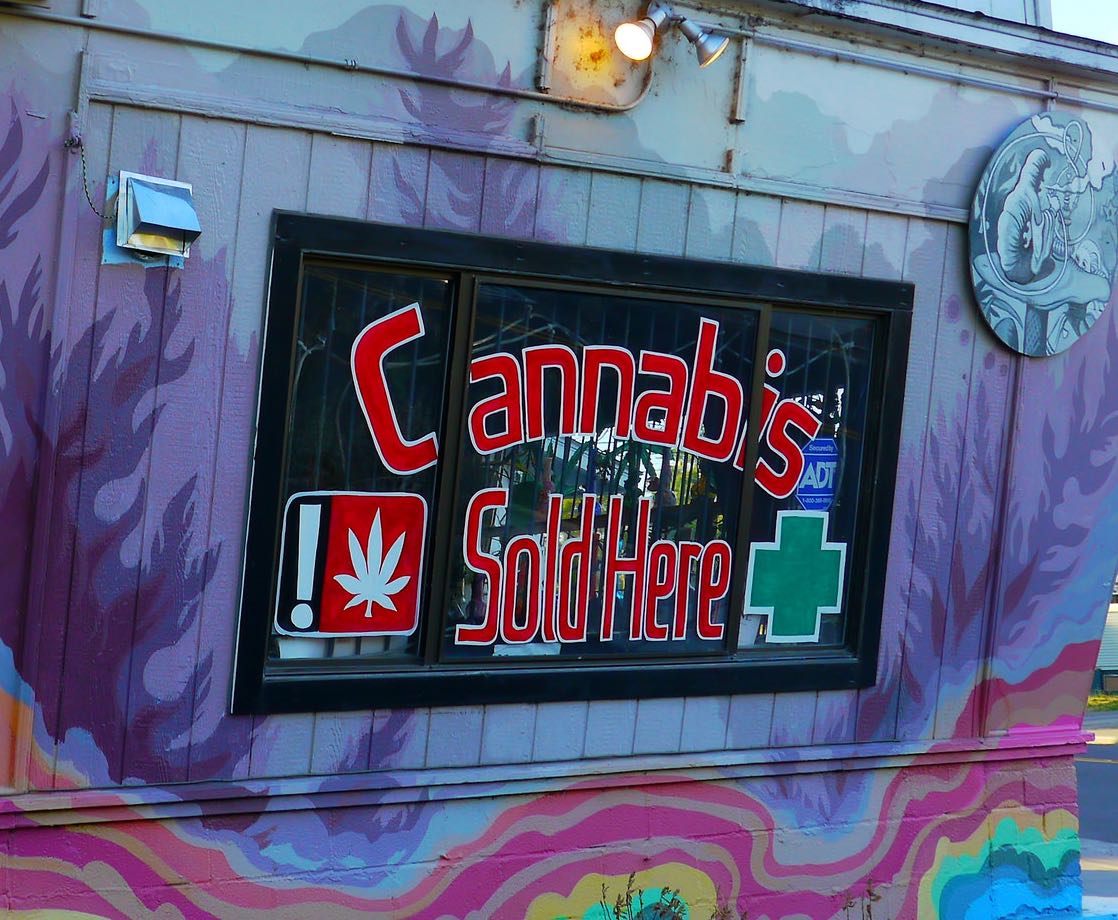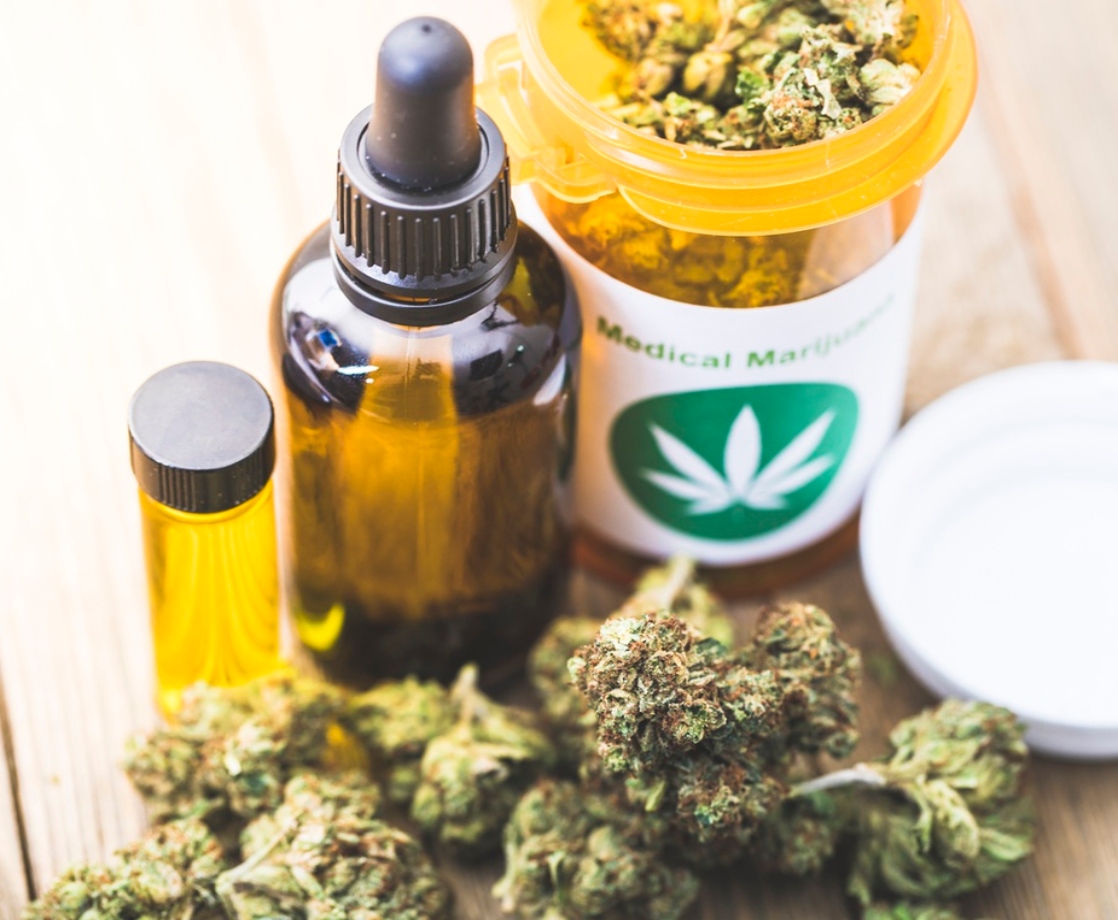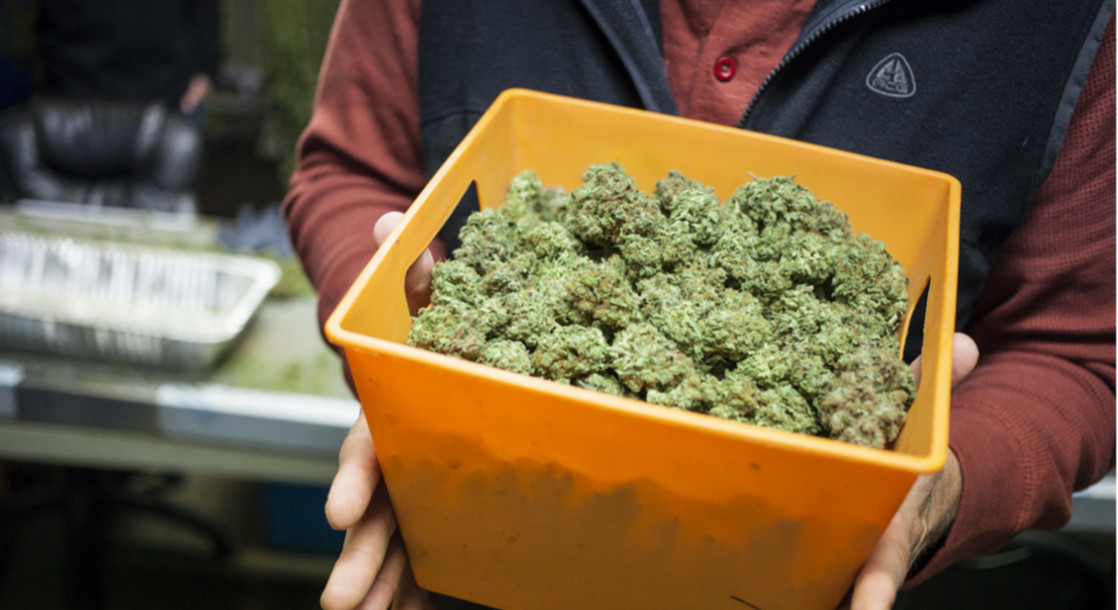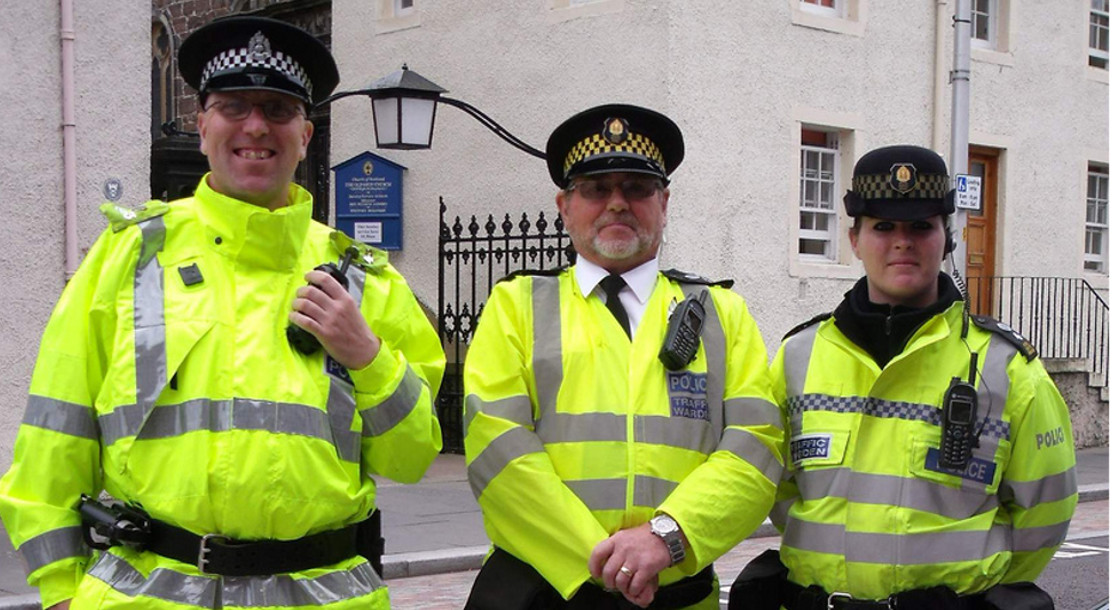Image via
Disclaimer: This column is written for educational purposes only. It does not provide specific legal advice and does not create an attorney-client relationship. This column should not be used as a substitute for competent legal advice from a licensed attorney in your state.
I recently took a road trip up through the Pacific Northwest region of the U.S. Aside from the beautiful coastline and lush green landscape that sprouted up as I headed north from San Francisco up through Oregon and Washington, I couldn't help but notice all of the billboard advertisements for dispensaries and cannabis products. While I only spotted one or two in Northern California (shouts out to Humboldt County!), I regularly spotted billboards on main roadways while exploring the Portland and Seattle areas. I was surprised to see these very public advertisements, knowing that they are the subject of major controversy in legalized states.
It may seem a bit odd that there is such a big fight over billboards in 2017, given that they've "fallen out of favor" in the advertising world as the range of digital advertising options has grown and digital ads have become a more effective way to target potential consumers. But it makes sense when you consider that most marijuana businesses are excluded from paid online advertisements on major social media platforms such as Facebook and Twitter. They're also excluded from television advertising, since Section 843 the Controlled Substances Act makes it a felony to use "communication facilities" to transmit advertisements for the sale of Schedule I drugs. Given the limited advertising options, many cannabis businesses utilize billboards when and where they can.
Why are public advertisements so controversial? The primary, consistent worry across most states is exposing children and minors to a substance that it illegal for them to consume. This isn't surprising, as it's been a major flashpoint in each state during the campaigns to legalize marijuana for medical and/or recreational use. The argument is that by making cannabis and cannabis products like edibles appealing to children, we increase the likelihood of underage consumption. Advertising restrictions are just one of several measures, including childproof edibles packaging, aimed at reducing the likelihood of children gaining access to marijuana.
California's Prop 64 laid out fairly specific guidelines for advertisements and marketing by state-authorized marijuana licensees. Ads are limited in broadcast, cable, radio, print and digital mediums to placements where at least 71.6% of the audience is reasonably expected to be at least 21. Ads must be truthful and accurately and legibly identify the licensee responsible for its content. Online ads must use a method to confirm age if the ads involve direct, individual communication by the licensee. Licensed businesses are prohibited from advertising on any billboard located on any Interstate HIghway or State Highway that crosses the border of any other state. Ad signs cannot be placed within 1,000 feet of a daycare center, K-12 school, playground, or youth center. Businesses cannot advertise in a manner that encourages people under age 21 to consume cannabis; nor can they use symbols, language, music, gestures, cartoon characters or other content known to appeal primarily to those under the age of 21.
AB 64, a new California bill working its way through the California legislature, amends the marijuana advertising rules under Prop 64. Lawmakers are concerned about a "loophole" in Prop 64 that would have exempted unlicensed cannabis businesses from advertising restrictions. AB 64 closes this loophole, preventing businesses that haven't yet received a state license from placing marijuana ads on interstate and state highways.
Washington state has also seen a shake-up when it comes to their marijuana advertising laws. Under the previous rules, licensed marijuana businesses were banned from advertising cannabis and cannabis products within 1,000 feet of schools or other sensitive-use areas. After reviewing the previous rules, the state legislature found that cannabis billboards and other advertisements were targeting children, young adults and non-residents.
Effective July 23, Washington now has stricter restrictions on billboard advertisements. Senate Bill 5131 prevents licensees from advertising anything other than their trade name, location of the business, and the nature of the business. Signs cannot contain depictions of marijuana plants, products or images that appeal to children. No commercial mascots, toys, banners or inflatables are allowed to entice customers to come into a marijuana dispensary. The bill also prohibits cannabis billboard advertisements within 1,000 feet of a school, playground, rec center, child care center, park, library or game arcade. Billboards are also prohibited from transportation centers such as airports and train stations, and on buses. Outdoor ads are even prohibited in "arenas, stadiums, shopping malls, fairs that receive state allocations, [and] farmers markets." There is a limited exception for outdoor ads at adults-only events.
How do other states handle the issue of marijuana advertisements on billboards? Some states, such as Arizona, have no advertising regulations for medical marijuana whatsoever. Alaska has strict regulations similar to Washington, and requires all advertisements to contain certain warnings, such as "For use only by adults twenty-one and older. Keep out of reach of children.", and "Marijuana has intoxicating effects and may be habit forming and addictive." Delaware, a medical-only state, disallows all ads, except for "appropriate" signage on medical dispensary property or listing in business directories or trade and medical publications.
Generally, advertising laws in legalized states, and particularly recreational states, have gotten stricter over time. This isn't surprising considering how hard it is to control the audience that is able to view a billboard as compared with targeted online advertisements. Expect to see more states adopt regulations like California's and Washington's if they decide to permit marijuana sales.











